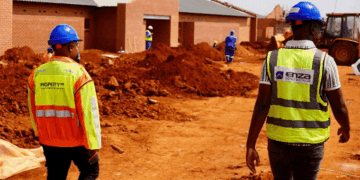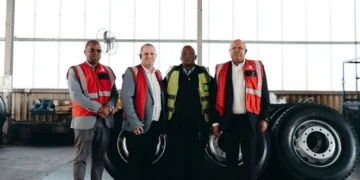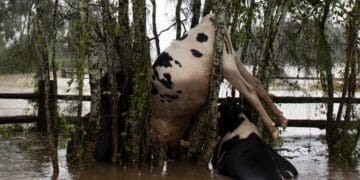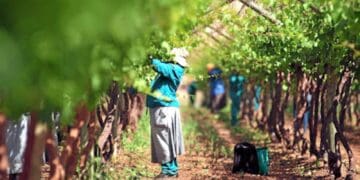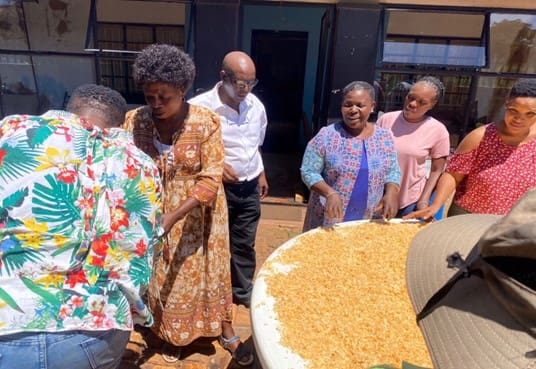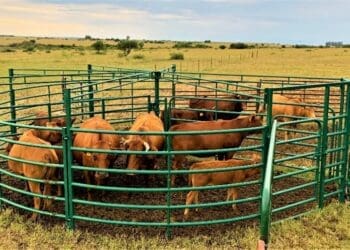By Nosihle Zulu
Social entrepreneur Daniel Motshwane is on a mission to take advantage of the lucrative oyster mushroom farming sector which is still taking off in South Africa. Motshwane is a social entrepreneur born in Ikaleng township in the North West. He specialises in developing communities through the oyster mushroom project.
In 2017, Motshwane founded Afrique Rising Trading (ART), an organisation that commenced as a platform for promoting intra-African trade and linking African projects with investors. ART achieved recognition at a launch event where representatives from more than 10 countries were present. However, the Covid-19 era led to Motshwane altering the company’s area of specialisation towards community development and addressing societal inequality through mushroom farming.
ART is now a Pan-African social enterprise specialising in community upliftment projects through agriculture. It prioritises women, youth, and persons living with disabilities, especially in rural and peri-urban areas. “I foresee these mushrooms transforming many lives in Africa, health-wise and economically, especially in rural communities where poverty and unemployment are at much higher levels. “This initiative will contribute to aspiration one of the Africa Agenda 2063, which is prosperous Africa based on inclusive growth and sustainable development”, said Motshwane.
The oyster mushroom farming industry is still in its infancy in South Africa. “Oyster mushrooms are not so popular in our communities and on the retail shelves, irrespective of the fact that they are the largest grown mushrooms globally, have a higher potential to transform the lives of communities financially, have many health benefits, are very good for the environment as they are natural decomposers, using many agricultural wastes, etc,” he explained.
According to the Oyster Mushroom Global Market Report 2025 by The Business Research Company, the oyster mushroom market will grow from $52.39 billion in 2024 to $56.26 billion in 2025 at a compound annual growth rate of 7.4%. “This is a huge opportunity for South Africa and Africa at large. We are building a very unique business model that will make us tap into this market through innovative products we have developed, a franchising model that we are establishing to sustain the primary production, and scaling to other African countries,” said Motshwane.
The report notes that the growth in the historical period can be attributed to various factors, including an increase in the shelf life of mushrooms and the lifestyles of people worldwide, which have raised the demand for organically grown products with high nutritional value, and increasing urbanisation. ART has further launched a signature project on re-industrialising communities through mushroom farming, where they train and upskill people in mushroom farming and processing.
Motshwane views mushroom farming as a weapon that can be leveraged to successfully conquer poverty in the future. Moreover, ART offers food security, volume employment, and community industrialisation under an expandable agricultural model that delivers recurring performance. “We have capacitated over 1200 community members across the country, mainly women and the youth, especially in rural areas where the need is significant. We are the only company that has created a mushroom cluster in South Africa,” said Motshwane. He is currently in the process of raising R10 million to absorb employees from a service provider that works with ART on a full-time basis. He hopes to achieve this goal in three months.






